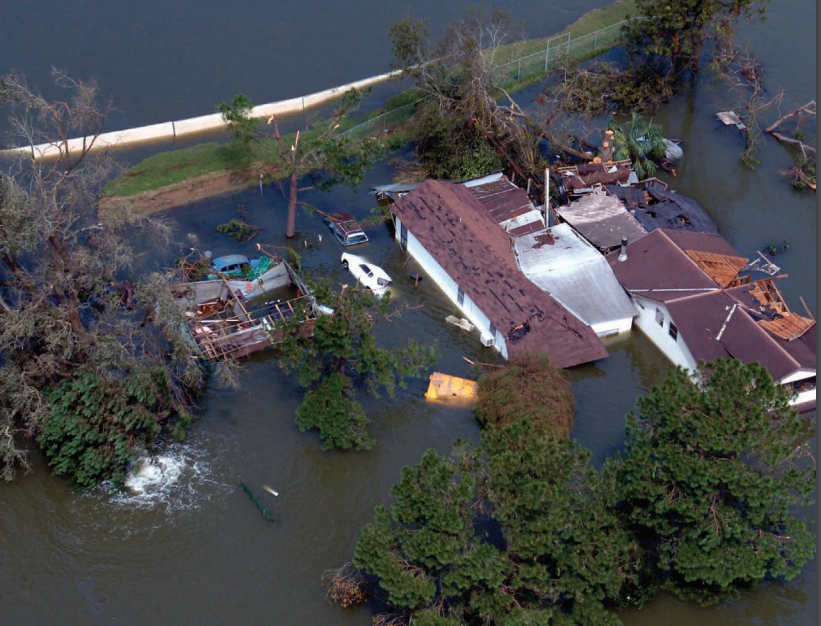Prototype ‘Translator’ system shows promise and has garnered much enthusiasm roughly one year into feasibility assessment
The newly formed Biomedical Data Translator Consortium today announced the release of two inaugural publications in Clinical and Translational Science. The first paper, “Toward a Universal Biomedical Data Translator,” describes the efforts of the Consortium to develop a ‘Translator’ system designed to integrate a variety of data sources and translate the data into insights that can drive innovation and accelerate translational research. The second paper, “The Biomedical Data Translator Program: Conception, Culture, and Community,” focuses on the scientific community that has coalesced to support the program and drive research and development of the prototype Translator system.


 Interested in iRODS? Register for the meeting at
Interested in iRODS? Register for the meeting at 
